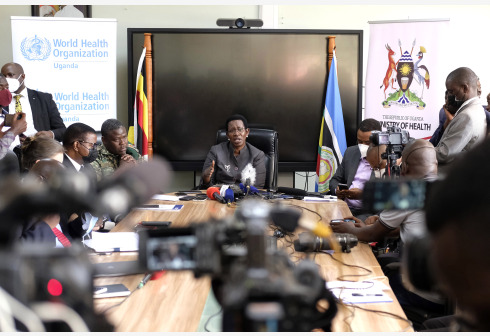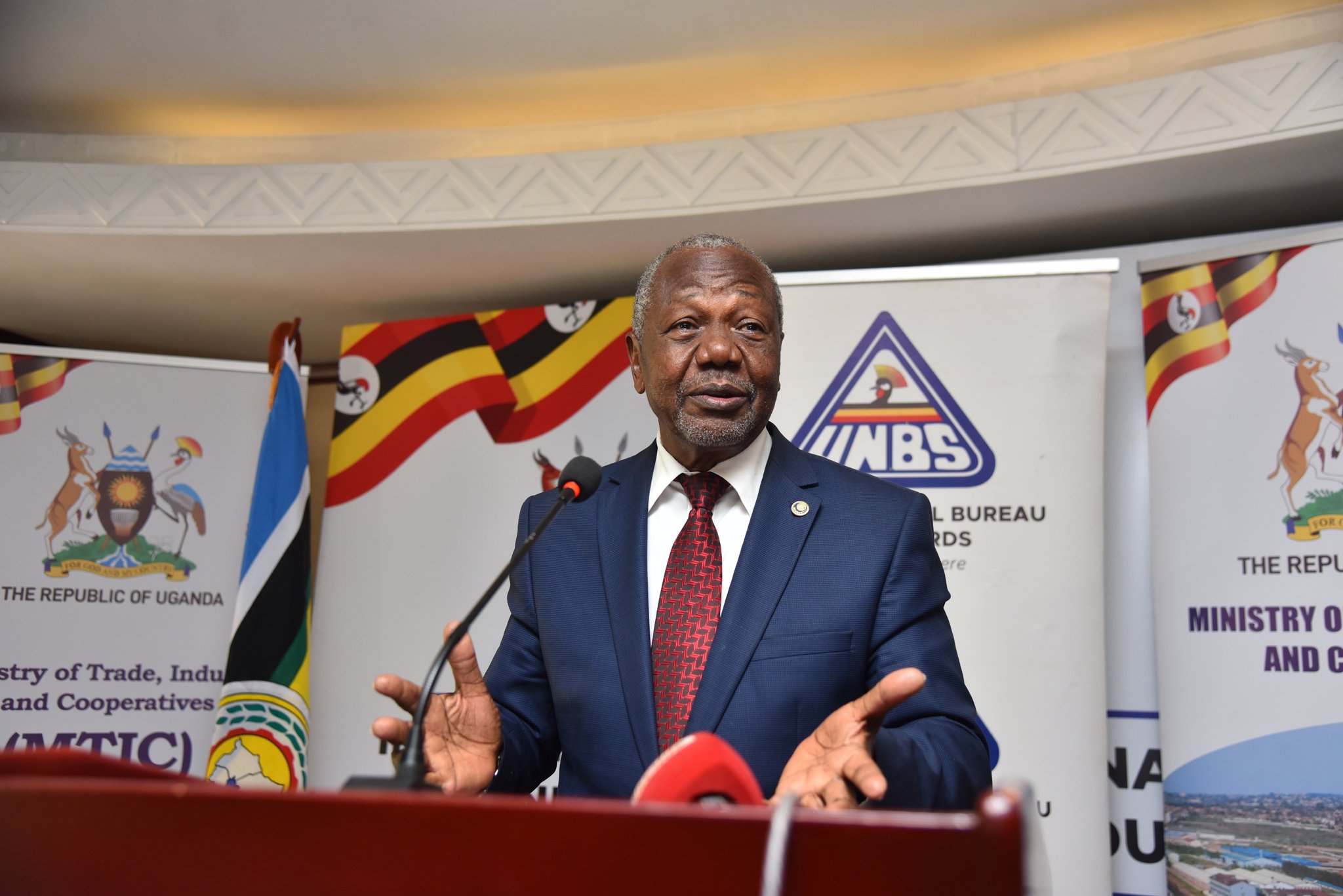Experts urge Uganda to focus on prevention, no vaccine for rare Ebola strain
The Ebola virus is highly contagious and causes various symptoms, including fever, vomiting, diarrhea, generalized pain or malaise, and in some cases, internal and external bleeding.

Health experts on Tuesday urged Uganda to focus on preventing and controlling the spread of the deadly Ebola virus, noting that there is no vaccine against the rare Sudan strain that broke out in the country.
This follows a Tuesday announcement by the country’s ministry of health that the Ebola virus had broken out and has so far left one confirmed case dead and six other unverified deaths.
Bayo Fatunmbi, head of disease prevention and control at the World Health Organization office in Uganda, told reporters here that the Sudan strain is rare and had only occurred in Sudan in 1976 and in Uganda in 2011.
“We have done something before in the Democratic Republic of the Congo, but we find that the vaccination that worked with the Zaire virus (strain) will not be useful for this particular Sudan strain,” he said.
He said there is another type of vaccine that is being tested currently.
Diana Atwine, permanent secretary at the ministry of health, said while the country has the vaccine for the Zaire strain, there is no vaccine for the Sudan strain.
Atwine said a team of epidemiologists has been sent to the central Ugandan district of Mubende to investigate the source of the index case, a 24-year-old male who died on Monday.
She said there is no need for countries to issue travel advisories to Uganda, noting that the government has the capacity to contain the outbreak.
“There is no need to panic at all because Uganda is well known for handling epidemics. We have built capacity, and we want to assure the public that we shall contain this epidemic,” she said.
Atwine said Uganda is working with partners like the WHO to contain the spread of the deadly disease.
The Ebola virus is highly contagious and causes various symptoms, including fever, vomiting, diarrhea, generalized pain or malaise, and in some cases, internal and external bleeding.
According to the WHO, the fatality rate for those who contract Ebola ranges from 50 percent to 89 percent, depending on the viral sub-type.







